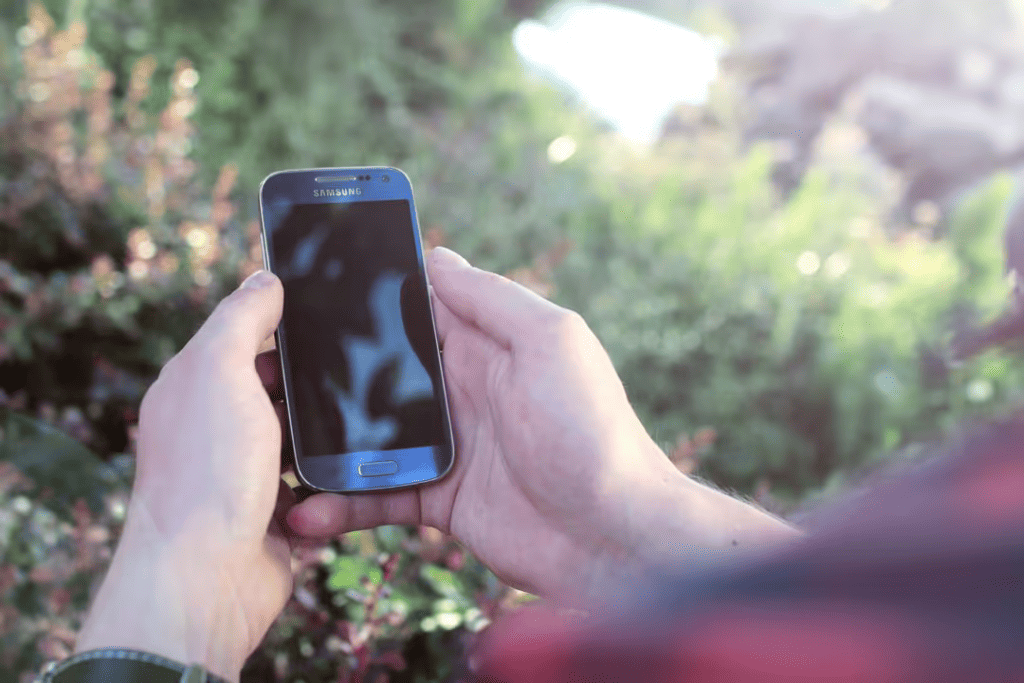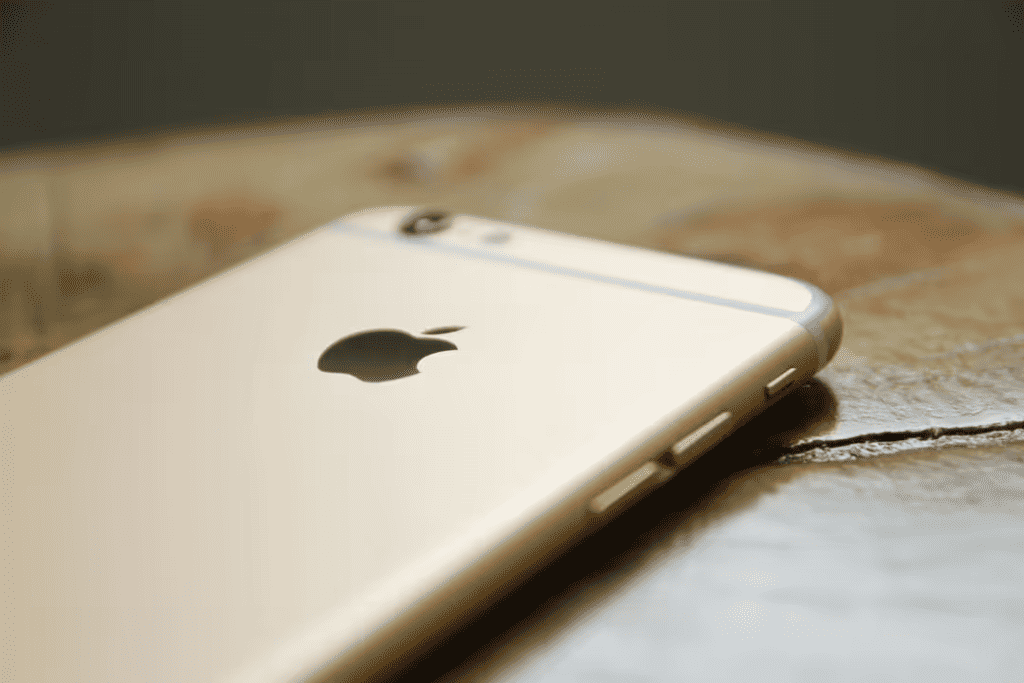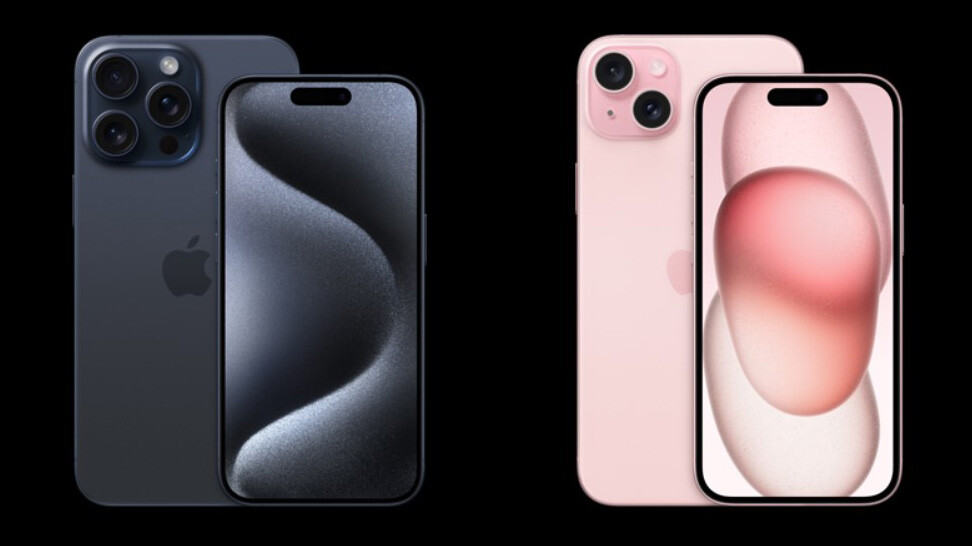Cyber security is an important issue for smartphone users as these devices store and transmit the most sensitive data. Whether banking, social media, or online shopping, we rely on our mobile phones to access and manage our personal and work information. But how safe are our phones from cyberattacks? And does it matter which operating system we use? Android and iOS are the two leading mobile operating systems in the world, but when it comes to security, each have their own strengths and weaknesses. This blog post compares and contrasts Android and iOS in terms of security features, vulnerabilities, and risks.
Android: Open-Source and Customizable

Android is an open source operating system that allows users and developers to modify and customize their code and user interface. This will give Android users more freedom and flexibility to customize their device and install apps from various sources as well as the official Google Play store.
However, this exposes Android devices to greater security threats as malicious attackers can exploit code vulnerabilities or create fake apps containing malware. Android devices are further fragmented, running different versions of the operating system on different hardware configurations. This makes it more difficult for Google and device manufacturers to provide timely and consistent security updates and patches.
According to a Kaspersky1 report, Android devices accounted for over 98% of mobile banking attacks and over 95% of mobile malware in 2020. Android devices are also attractive to hackers due to his large market share of over 80% worldwide1.
iOS: Closed-Source and Controlled

iOS is a closed-source operating system, meaning users and developers cannot access or modify the code or user interface. This gives iOS users a more consistent and streamlined experience as well as better security and privacy. iOS users can only install apps from the official Apple App Store, which has a strict review process and quality standards.
iOS also has a more secure hardware design, as it includes a secure enclave that encrypts and protects data stored on the device. Secure Enclaves also enable features such as Face ID and Touch ID, which use biometrics to unlock the device.
Norton2 reports that iOS devices are less vulnerable to cyberattacks than Android devices because they have fewer security vulnerabilities and bugs. iOS devices also receive more frequent and regular security updates and patches from Apple, which gives them more control over their software and hardware ecosystem.
However, iOS is not immune to cyberattacks as hackers can still find ways to bypass security measures or trick users into exposing data. For example, in 2016, a hacker group called Pegasus exploited a zero-day vulnerability in iOS to spy on journalists, activists, and government officials3. Also, iOS devices are more expensive than Android devices, which can make them more attractive targets for thieves.
Conclusion
When it comes to security, both Android and iOS have strengths and weaknesses. Android is becoming more open and customizable, but it also brings more risks and vulnerabilities. iOS offers more security and privacy, but also more restrictions.
Ultimately, mobile device security depends not only on the operating system, but also on user behavior and awareness. Users must always be careful about what they download, where they click, and what they share online. Users should also use strong passwords, enable encryption, install antivirus software, update their devices regularly, and back up their data.
No operating system is perfect or invulnerable when it comes to cyberattacks. However, by following some basic security practices and precautions, users can reduce the risk of becoming victims of cybercrime.
- Ratan Tata’s Life After Retirement: Continuing Influence and Lasting Legacy
- Ratan Tata’s Leadership Style: Vision, Ethics, and Impact on Tata Group
- Ratan Tata’s Greatest Achievements: A Legacy of Business Expansion, Innovation, and Philanthropy
- Ratan Tata’s Ascendancy in Tata Group: Leadership, Innovations, and Transformation
- Ratan Tata’s Early Years: From Birth to Business Icon

